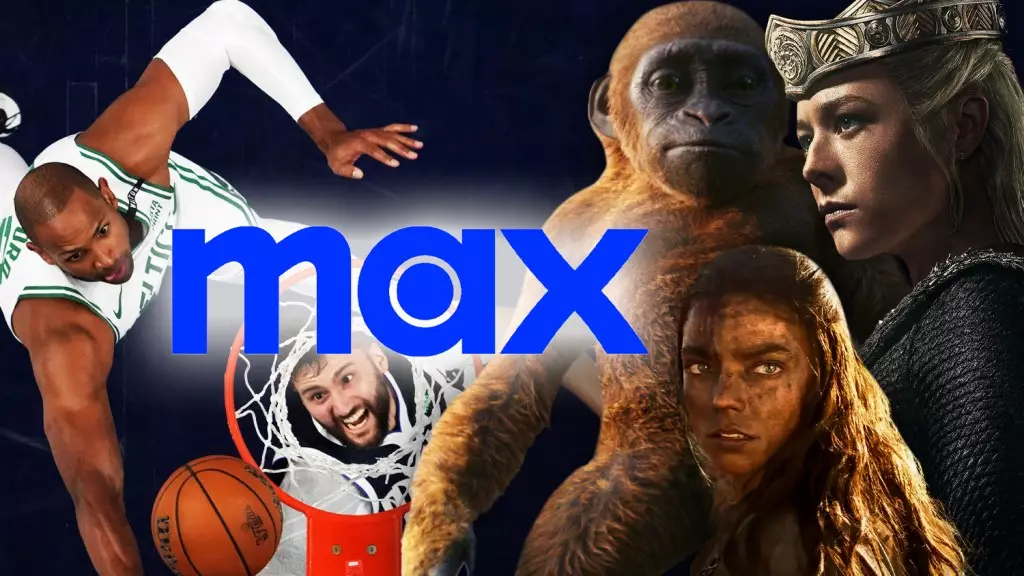Warner Bros. Discovery has recently announced a massive non-cash impairment charge of $9.1 billion at its networks division. This significant write-down is aimed at aligning the book value of its linear television business with the reality of uncertain advertising and sports rights renewals. The merger of Discovery and Warner Media two and a half years ago valued the linear assets much higher than their current worth due to changing consumer behaviors and a decline in advertising revenue.
One of the major setbacks for Warner Bros. Discovery is the loss of a lucrative basketball package to Amazon. Despite having matching rights and suing the NBA to reclaim the games, the likelihood of success seems slim. This unexpected loss has been deemed a massive blow, raising concerns among investors. The company attributes the goodwill impairment to various factors including market capitalization, softness in the advertising market, and uncertainty surrounding affiliate and sports rights renewals.
In addition to the $9.1 billion impairment charge, Warner Bros. Discovery reported an additional $2.1 billion in pre-tax acquisition-related expenses and restructuring costs, further impacting its financial standing. With the stock down by 70% since the merger, investors are advocating for strategic actions such as restructuring or asset sales. The company’s consideration of divesting its games business reflects the complex decisions it faces in the current market.
Despite the challenges, Warner Bros. Discovery experienced a positive growth trajectory in its streaming segment with a notable increase in ad revenue and subscribers. The introduction of an ad-light tier and expansion into Latin America contributed to this growth. However, total direct-to-consumer sales declined by 6% and losses widened substantially. The studio division encountered tough comparables from the previous year, particularly in the gaming sector.
The second-quarter earnings report highlighted a decline in both revenue and profit for Warner Bros. Discovery. Networks revenue and profit decreased by 8%, driven by a fall in distribution revenue due to a decrease in linear pay-TV subscribers. Advertising revenue also saw a significant drop, primarily attributed to declining audiences and a challenging advertising market. On a positive note, content revenue increased by 5% as a result of strategic licensing deals.
David Zaslav, the CEO of Warner Bros. Discovery, emphasized the company’s commitment to its global direct-to-consumer business as its top priority. Despite the setbacks, Zaslav expressed optimism about the growing momentum in the streaming segment and international expansion efforts. The company aims to continue investing in high-quality content to drive subscriber growth and revenue generation in the coming quarters.
Warner Bros. Discovery’s recent write-down and financial challenges underscore the dynamic nature of the media and entertainment industry. As the company navigates through uncertainties and market changes, strategic decision-making and a focus on innovation will be crucial for its long-term success and sustainability.



Leave a Reply